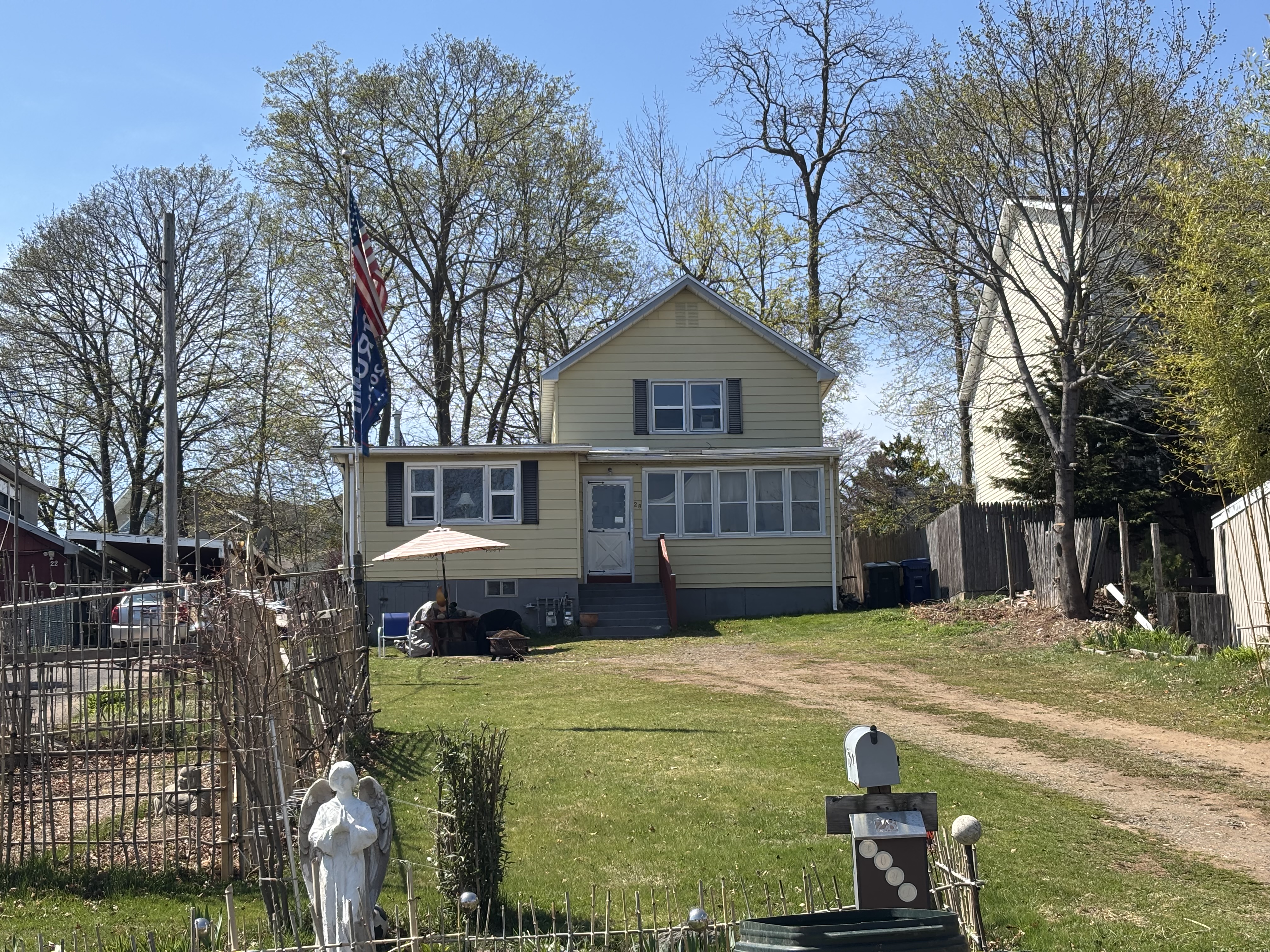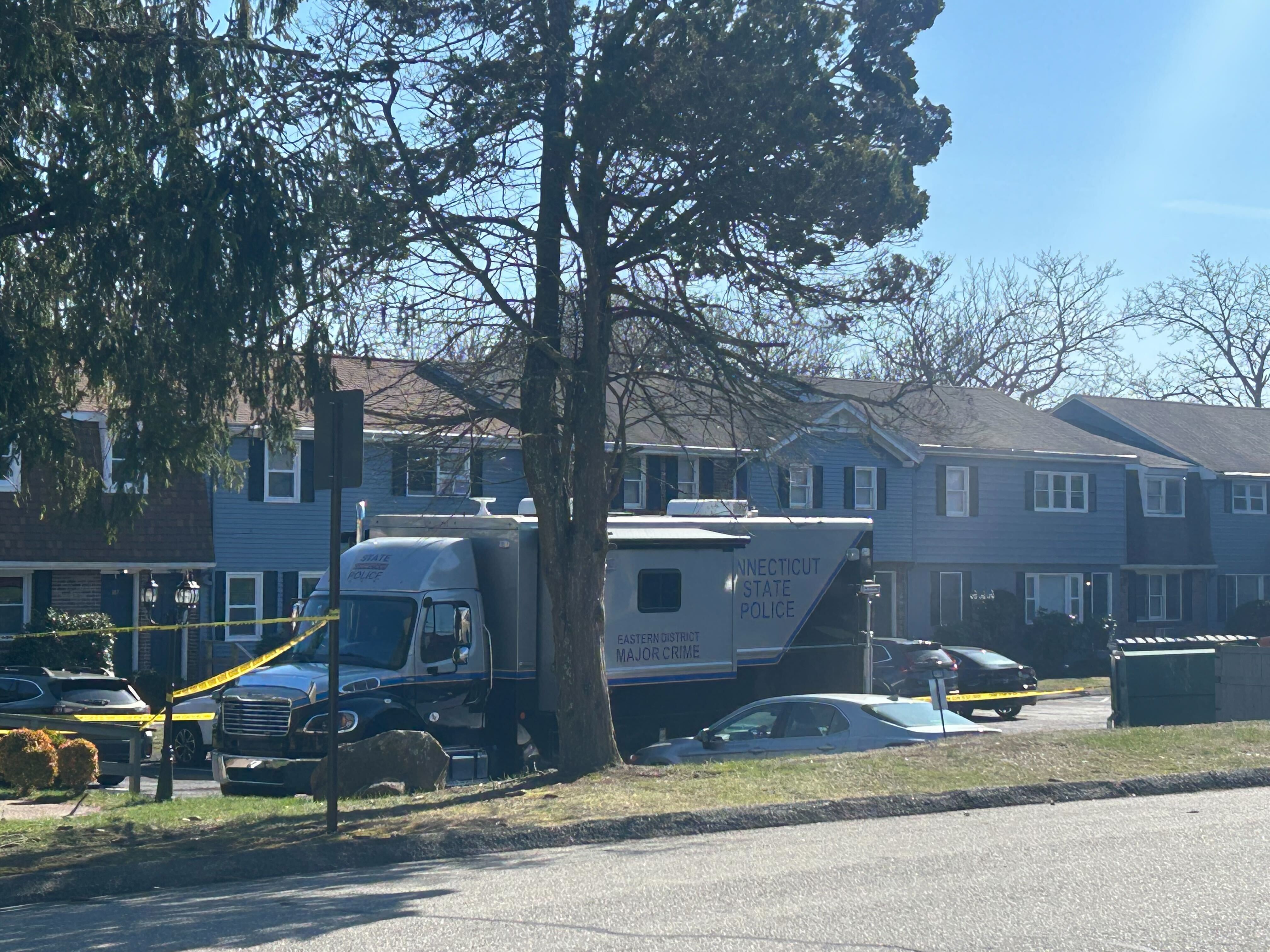Dismembered Woman Found: CT Son Charged with Arson
Connecticut Horror: Dismembered Woman Found, Son Charged
A Disturbing Discovery in West Haven
Imagine the shock of discovering a loved one missing, only to later learn of their horrific fate. That's the grim reality unfolding in West Haven, Connecticut. A woman's dismembered body was found in her home, and her son is now facing serious charges. This isn't just a news story; it's a chilling glimpse into a family tragedy.
The Welfare Check That Uncovered a Nightmare
It all began with a routine welfare check. On March 24th, around 6:30 p.m., police responded to a home on Nashawena Avenue in West Haven. The call came from the victim's other son, concerned because he and the landlord hadn't seen her in some time. Little did they know the horror that awaited.
Unthinkable Scene Inside the Home
Upon entering the home, officers were immediately met with disturbing evidence. They found evidence of a decomposing body and signs of an attempted arson. Can you imagine the scene? It paints a grim picture of the events that transpired.
Identifying the Victim: Tina Lloyd
The victim has been identified as 70-year-old Tina Lloyd. Law enforcement officials believe she may have been dead for approximately two months before her body was discovered. That's two months of unanswered questions, growing concern, and ultimately, a devastating truth.
The Arrest: Theodore Lloyd Faces Charges
Tina Lloyd's 27-year-old son, Theodore Lloyd, has been charged with attempted arson in connection with the case. He was apprehended in Hartford on Monday and subsequently handed over to the West Haven police department. But attempted arson is only the tip of the iceberg, isn't it?
Acting Alone: A Singular Act of Violence?
Police believe Theodore Lloyd acted alone. This raises so many questions. What could drive someone to such a heinous act? Was it a slow burn of resentment, or a sudden, violent outburst?
Further Investigation: Unraveling the Truth
The investigation is ongoing, with police meticulously gathering evidence and piecing together the timeline of events. Every detail, no matter how small, could be crucial in understanding what happened inside that West Haven home.
The Community's Reaction: Shock and Grief
The news has sent shockwaves through the West Haven community. Neighbors are grappling with disbelief and grief, struggling to comprehend the tragedy that has unfolded in their midst. This is a reminder that darkness can lurk even in the quietest of neighborhoods.
Mental Health Concerns: A Contributing Factor?
While it's crucial not to jump to conclusions, it's impossible to ignore the potential role of mental health in such a disturbing case. Could untreated mental illness have been a contributing factor? This tragedy underscores the importance of accessible and affordable mental healthcare for everyone.
The Role of Domestic Violence: A Possible Link?
Investigators will also be looking into any history of domestic violence within the family. Was there a pattern of abuse or conflict that may have escalated to this horrific outcome? These are tough questions, but necessary ones to ask.
Legal Proceedings: What Happens Next?
Theodore Lloyd will face the full force of the legal system. The charges against him could be upgraded as the investigation progresses and more evidence comes to light. The wheels of justice are turning, but the process will undoubtedly be long and painful for all involved.
Remembering Tina Lloyd: A Life Cut Short
Amidst the investigation and legal proceedings, it's important not to forget Tina Lloyd. She was a mother, a member of the community, and a human being whose life was tragically cut short. Her memory deserves to be honored, and her story should serve as a reminder of the importance of compassion and understanding.
The Impact on the Family: A Devastating Loss
The family is undoubtedly reeling from this devastating loss. Beyond the unspeakable tragedy of Tina's death, they must also grapple with the fact that her own son is implicated in the crime. This is a burden no family should ever have to bear.
Arson Attempt: A Cover-Up Gone Wrong?
The attempted arson suggests a desperate attempt to cover up the crime. Was it a calculated move to destroy evidence and evade justice? Or was it a panicked reaction to the horror of what had occurred?
Decomposition: A Timeline of Concealment
The fact that Tina Lloyd's body was decomposing for around two months speaks to a deliberate effort to conceal her death. How did Theodore Lloyd manage to keep his actions hidden for so long? And what finally led the older son to suspect something was amiss?
A Call for Help: When to Intervene
This case highlights the importance of speaking up when something doesn't feel right. The older son's decision to request a welfare check may have ultimately led to the discovery of the crime. If you suspect that someone you know is in danger, don't hesitate to reach out to the authorities.
Conclusion: A Tragedy That Demands Answers
The dismemberment of Tina Lloyd and the subsequent arrest of her son, Theodore, on attempted arson charges is a heartbreaking tragedy. The investigation is ongoing, and the community is left grappling with shock and grief. This case underscores the importance of mental health awareness, the potential for domestic violence, and the need to speak up when something seems wrong. The quest for justice and the pursuit of understanding the motive behind this heinous crime continue.
Frequently Asked Questions (FAQs)
-
Q: What charges does Theodore Lloyd currently face?
A: As of now, Theodore Lloyd has been charged with attempted arson. However, the charges could be upgraded as the investigation unfolds and more evidence is gathered.
-
Q: How long was Tina Lloyd believed to be deceased before her body was discovered?
A: Police estimate that Tina Lloyd had been dead for approximately two months before her body was found.
-
Q: What prompted the police to conduct a welfare check at the Nashawena Avenue home?
A: Tina Lloyd's older son contacted the police, requesting a welfare check because he and the landlord hadn't seen her for an extended period and were concerned.
-
Q: Do the police believe anyone else was involved in Tina Lloyd's death?
A: Currently, police believe that Theodore Lloyd acted alone in this case.
-
Q: What should I do if I suspect someone I know is in danger or needs help?
A: If you have concerns about the safety of someone you know, don't hesitate to contact the authorities or a mental health professional. Your intervention could potentially save a life.

